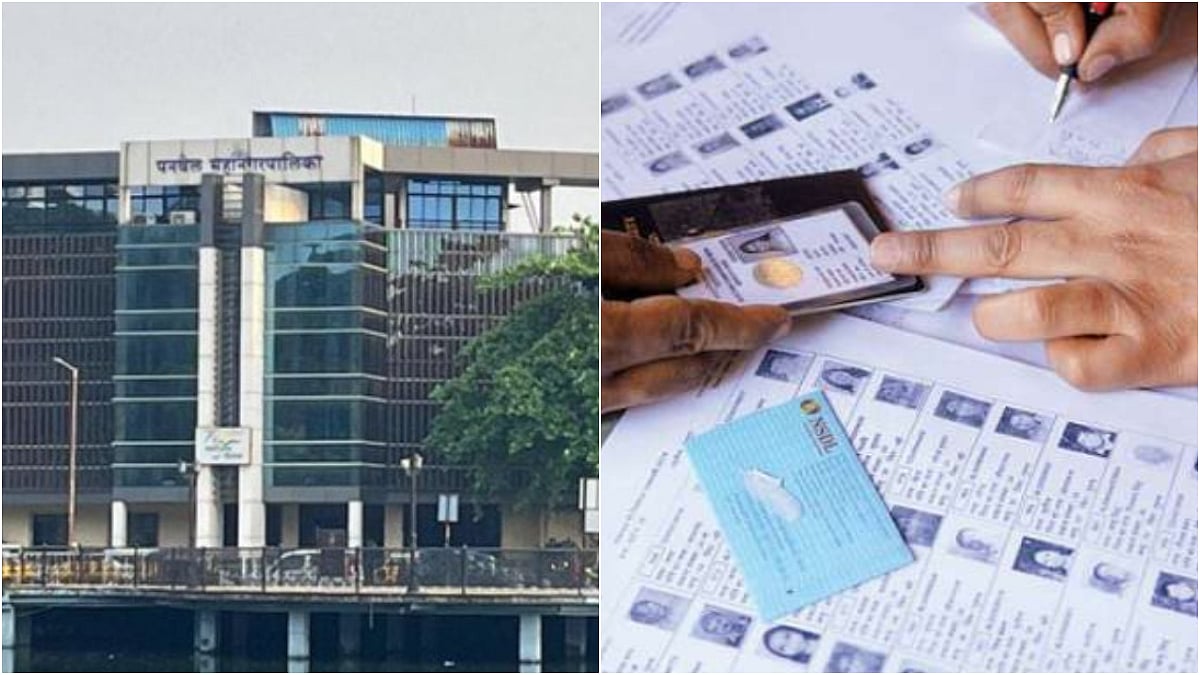Prime Minister Narendra Modi is set to inaugurate two indigenously built power plants, each with a capacity of 700 megawatts (MW), at the Kakrapar Nuclear Power Station in Surat district's Mandvi taluka on February 22. This inauguration marks a significant milestone in India's quest for self-reliance in the field of nuclear energy.
The addition of units 3 and 4 at Kakrapar Nuclear Power Station will elevate its total capacity to 1840 MW, further solidifying India's position as a leader in nuclear energy production. These two units, based on the Pressurized Heavy Water Reactor (PHWR) system, serve as a testament to India's prowess in nuclear technology.
Unit-3 of the Kakrapar Atomic Power Project (KAPP-3 700 MWe) has been operational since August 30, 2023, while its twin, KAPP-4, is on the verge of being connected to the grid for electricity generation. These reactors, designed with advanced safety features by Indian scientists and engineers, signify a crucial step towards realizing the vision of a self-reliant India.
Expanding nuclear power in India
The Nuclear Power Corporation India Ltd. (NPCIL) currently operates 23 reactors with a cumulative capacity of 7480 MW. Furthermore, 15 reactors of indigenous 700 MW PHWR technology are in various stages of implementation, along with 4 light water reactors (LWR) of 1000 MW capacity under construction at Kudankulam in collaboration with Russia, expected to be completed by 2031-32.
Nuclear power remains a clean and environmentally friendly source of base load electricity generation, available 24x7. It has contributed significantly to reducing carbon emissions, with nuclear plants having produced about 870 billion units of clean electricity, equivalent to mitigating approximately 748 million tonnes of carbon dioxide emissions in the country.
Once operational, KAPP-3 and 4 are projected to generate approximately 10.4 billion units of clean electricity annually, assuming a Plant Load Factor (PLF) of 85%. Moreover, the station is expected to create employment opportunities, both directly and indirectly, and foster economic growth in the region, thereby propelling the power sector towards new heights of development.

The inauguration of these power plants underscores India's commitment to leveraging indigenous expertise to meet its energy needs sustainably, while also contributing to global efforts towards achieving a net-zero emissions future by 2070.








